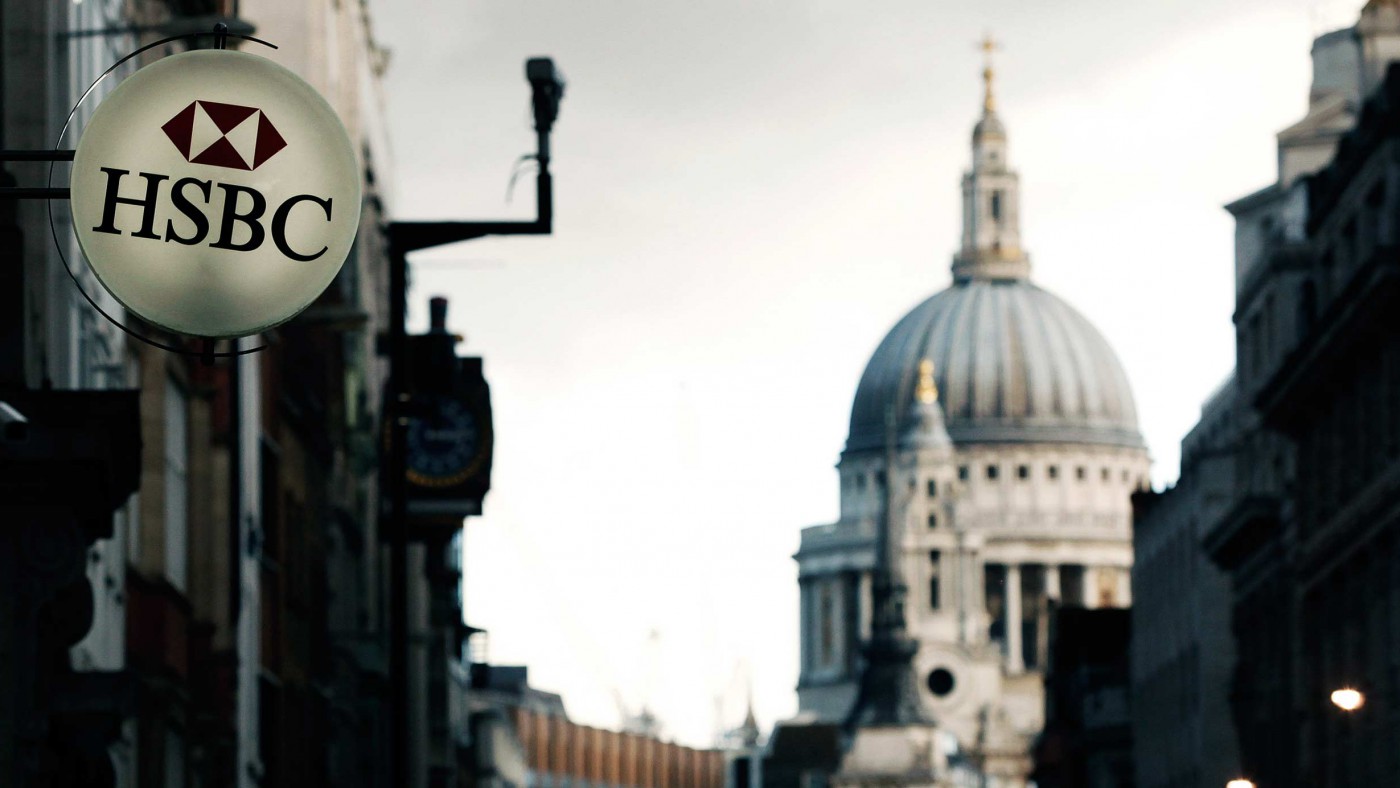They are packing their bags. The nomadic tribes of capitalism – mostly based in London – who have relied on Britain as a base for hundreds of years are looking on the UK political situation with growing alarm. That is the significance of HSBC’s announcement that it is conducting an immediate review of its domicile.
HSBC is not alone. Standard Chartered, another historic British bank which trades almost exclusively in emerging markets, says it is also coming under pressure from its shareholders to re-examine its domicile too. And just a few days ago Michael Spencer, the chief executive of ICAP, said a Miliband government would be “a horror story” and ICAP too could leave the country if things got too bad. Ask yourself, if large organisations such as these could quit the UK – even partially – what about the myriad of smaller, more private companies based here? They are not on the media’s radar and may not be quoted companies, so their private preparations are not public. But they are going.
Bill McQuaker, a fund manager at Henderson, said this week: “in a career spanning four decades I have never seen a UK election that genuinely matters for the markets — until now. And make no mistake, the result of the ballot on 7 May could have major implications for the country and for owners of UK assets. The ‘wrong’ outcome in the eyes of the markets could spark a significant reappraisal of the attractiveness of the UK to global investors.”
Two questions arise. First, what has triggered this move towards the exit doors? The proximate cause is the ninth rise in the UK bank levy announced by George Osborne in the budget, and his assertion that the levy is now a “permanent part of the tax system”. That is not the basis on which it was originally introduced. It was initially there as an insurance premium to compensate the taxpayer for underwriting the bank system, and the theory was it could be reduced over time as banks became safer by being forced to retain more capital and through stricter regulation.
That assumption has been dashed and Labour has said it wants to double the bank levy to £4.5 billion. The levy is raised on the size of balance sheets and as Royal Bank of Scotland has shrunk its loan book by almost half, the levy falls more heavily on the likes of HSBC.
The bank levy is not the only issue. In general, tightening regulations on financial services was clearly the right thing to do after the financial crisis, as was forcing the bankers to wear hair shirts for a while. But some of these new regulations are absurd. The EU bonus cap, for instance, which banks in London have been forced to impose on their employees who do not even work here and who are not EU citizens, is a serious concern. Ridiculously, in order to remain competitive, banks have had to get round it by effectively doubling salaries. A possible EU referendum is the least of HSBC’s worries.
Next year, a senior persons regulatory regime comes in which means board members could face retrospective criminal sanction for matters which they are not directly responsible. This is also gratuitous.
Another issue, is the overall political and cultural environment in Britain, including the over the top, anti-City posturing by the media. The recent reporting of the HSBC Swiss scandal, for instance, was ludicrously vindictive, not to mention incredibly boring.
The second question is, does all this matter? Should we care? The markets certainly seem sanguine so far, with the stock market close to record highs and sterling holding its ground. That is partly because they have been sustained by quantitative easing by the European Central Bank and partly because markets never really wake up to elections until the final few days.
It does matter, however. We are talking about the risk of capital flight and the potential loss of one of the UK’s few competitive sectors. The City – including financial activities in centres like Bristol, Manchester, Leeds and Edinburgh – is still the UK’s biggest industry, employing over a million people, managing trillions of pounds of asset and paying £65 billion of tax revenue. All this is at risk, because the hot money, the hot individuals and the hot institutions are fed up with being publicly chastised and having their plumage plucked. Who on earth should pay the taxes, create the jobs and fund investment if they go?
The political ramifications are clear. You only have to take one look at Ed Miliband, Nicola Sturgeon & Co, to know that they put the fear of God onto those who work in financial services. This is not simply because of their loose deficit reduction plans, but because of their personal taxation proposals, such as return of the 50p tax and the mansion tax and the prospect of political instability they represent. The Conservatives who are traditionally seen as the party of the City, have with their Lib Dem partners done a good job with the economy as a whole but their neglect of the City and the importance of wealth creation, has also gone too far. With the election less than two weeks away we all need to consider where the future economic growth will come from, what sort of country we are and whether we really do want the likes of HSBC to disappear and for Britain to be reduced to a financial Ninevah or Tyre.


